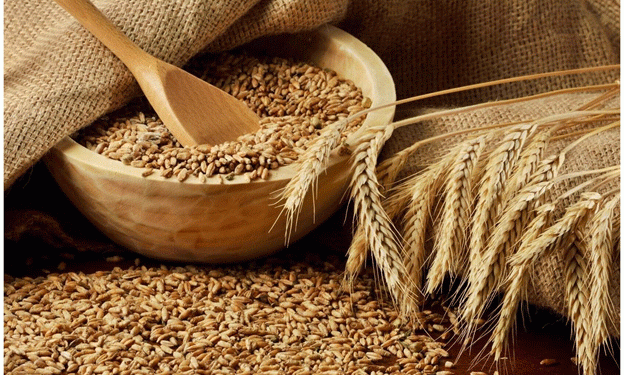The Colorado Wheat Research Foundation, in partnership with Colorado State University (CSU), has unveiled two promising hard wheat varieties this fall: Sheridan, a hard red winter wheat, and Telluride, a hard white winter wheat. Both varieties come with specific traits that make them highly adaptable to Colorado’s diverse agricultural conditions, including disease resistance, moisture efficiency, and quality characteristics that meet market demands.
Sheridan: A Hard Red Winter Wheat for Disease Resistance and Deep Planting
Sheridan is a hard red winter wheat variety that stands out for its exceptional resistance to stripe rust, one of the most significant diseases in wheat production. Stripe rust outbreaks can dramatically reduce yields in some years, but Sheridan’s resistance provides farmers with a reliable variety to counter this challenge.
Moreover, Sheridan boasts a long coleoptile, which allows the wheat to be planted at deeper soil depths. This trait is particularly valuable when topsoil moisture is limited, as deeper planting can access moisture further below the surface, ensuring better germination and early growth.
In CSU research trials, Sheridan outperformed other varieties such as Langin, Avery, and Byrd in terms of yield. This makes it an attractive option for wheat farmers looking for a variety that combines disease resistance with higher productivity. Sheridan’s solid agronomic traits make it a robust choice for growers in areas that face recurring stripe rust issues and limited soil moisture.
Telluride: A Hard White Wheat with Strong Straw Strength for Irrigated Fields
Telluride, a hard white winter wheat variety, is engineered for irrigated production systems. One of its standout features is its excellent straw strength, which is critical in preventing lodging—a problem where the plant collapses under its own weight, especially during wet or windy conditions. The superior straw strength of Telluride helps maintain plant structure and supports the overall yield potential, especially in irrigated systems where moisture levels are controlled.
Telluride’s quality characteristics make it suitable for premium markets, including Ardent Mills UltrGrain, a program focused on high-quality wheat for specialized products. This positioning makes Telluride an attractive choice for producers aiming to meet the needs of value-added wheat markets, particularly those that require hard white wheat for specific milling and baking processes.
Certified Seed Availability and Future Prospects
Currently, the Colorado Certified Seed Growers are increasing registered seed for both Sheridan and Telluride. This means that certified lots of these new wheat varieties will soon be available to growers, offering them access to the latest in wheat breeding technology. As the seed multiplication process continues, farmers will be able to obtain certified seed and incorporate these varieties into their production systems in the near future.
The release of Sheridan and Telluride by Colorado State University marks an important advancement in wheat breeding for the region. Sheridan’s resistance to stripe rust and adaptability to varying moisture conditions, alongside Telluride’s strong agronomic traits and suitability for irrigated production, provide farmers with powerful new tools to enhance productivity and manage environmental challenges. With certified seed on the horizon, these varieties are poised to make a significant impact on wheat farming in Colorado and beyond, improving yield stability and quality.
Error




